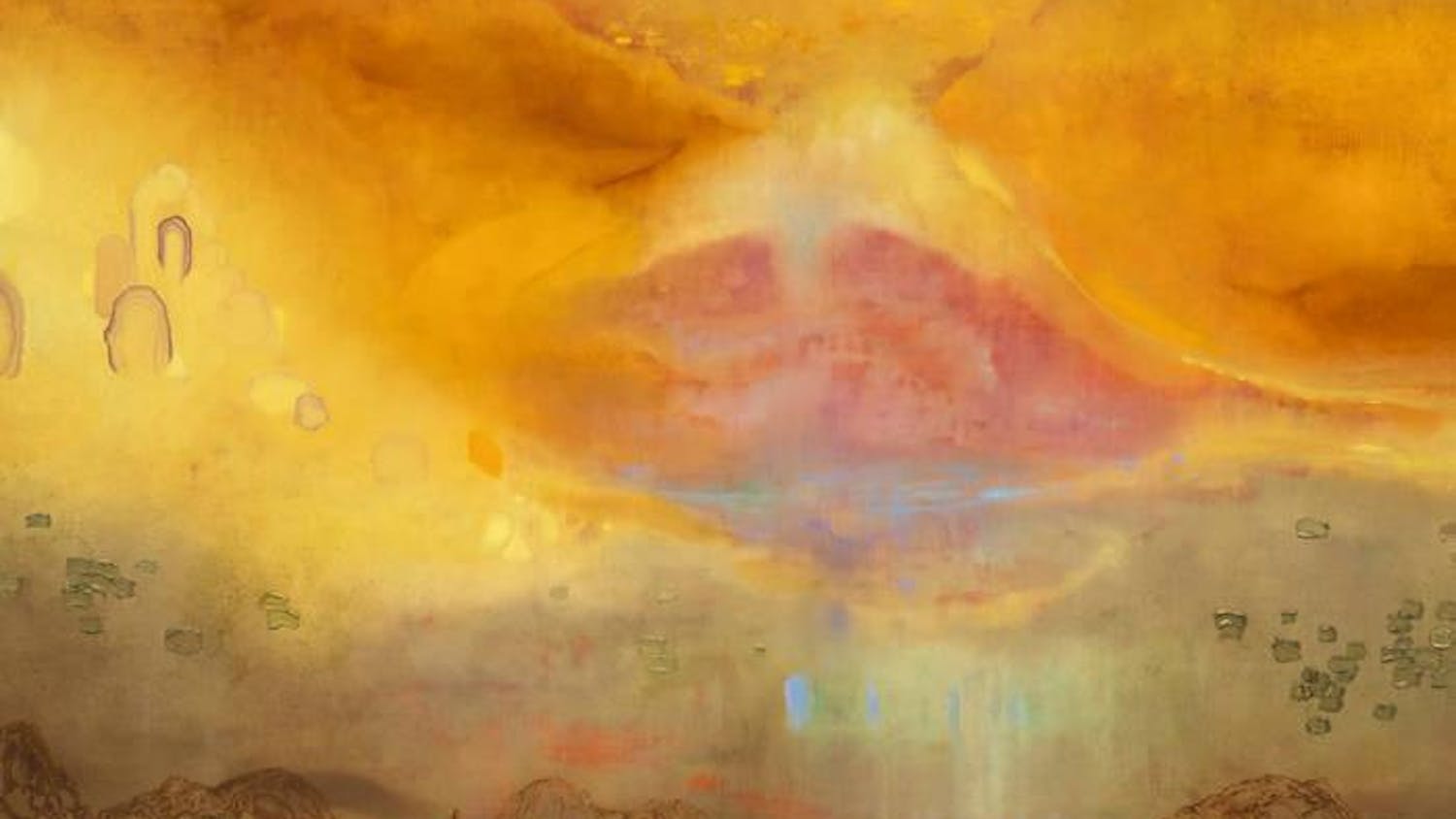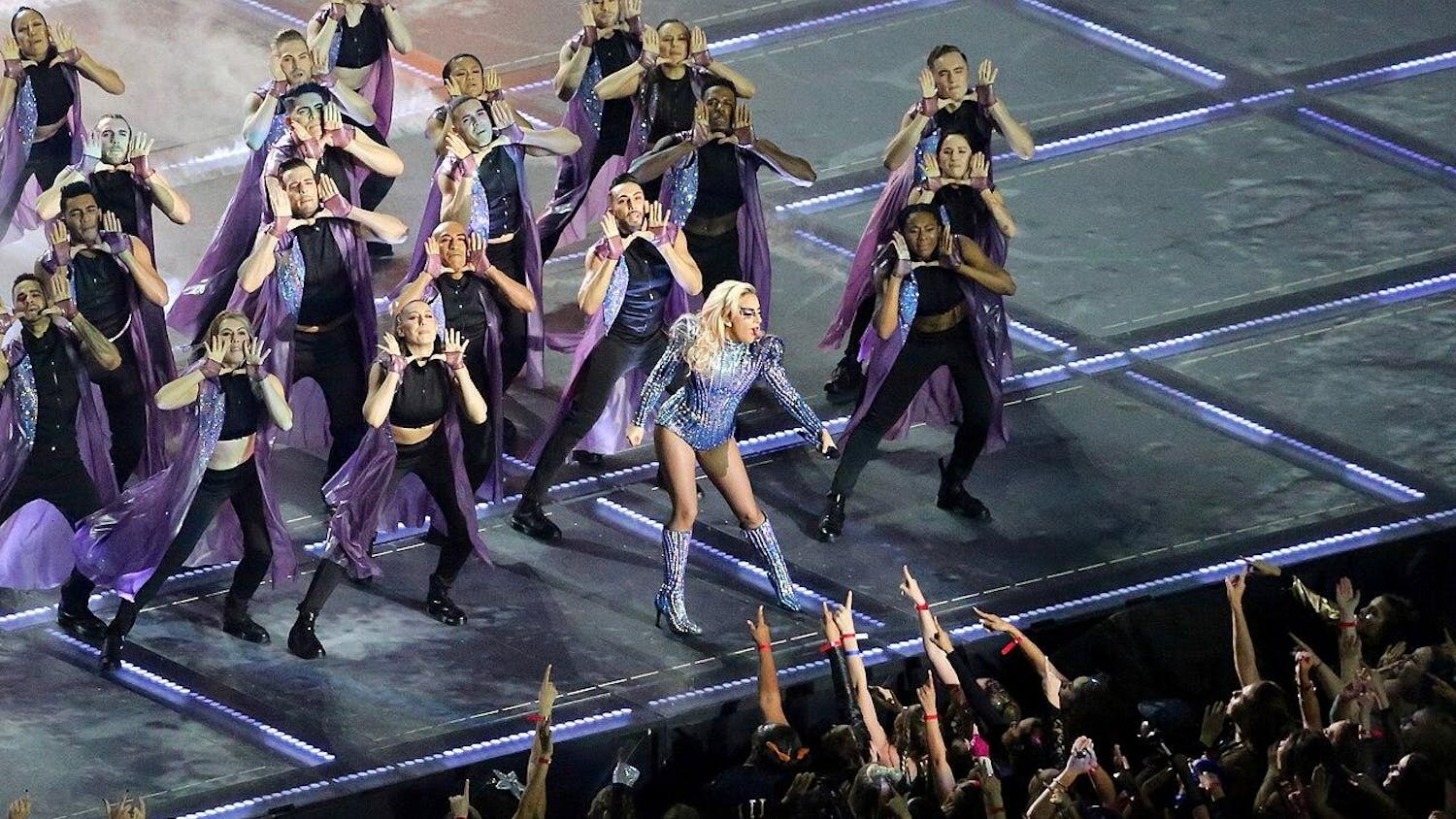In 1999, UNESCO named March 21 World Poetry Day. Since then, it has been celebrated every year and recognized by those who value poetry in their lives or acknowledge its importance in the history of the world. The UNESCO website states that “poetry speaks to our common humanity and our shared values, transforming the simplest of poems into a powerful catalyst for dialogue and peace.” While World Poetry Day was last week, we can still take time today to bask in this genre of literature and understand more about how it affects us all.
What exactly is poetry? That can be a difficult question. We can, in a straightforward fashion, examine how it has evolved through the years. Some of the earliest poems were long epic poems, written as far back as a few thousand years ago. The Epic of Gilgamesh is one such example. And of course, we are all familiar with Beowulf, right? The Odyssey, the Iliad, the Aeneid? To this day, these epics are taught in schools and universities around the world, which only highlights the lasting impact that they have had on society. Around this same period, ancient Chinese poetry was growing. Eastern poetry often appeared in shorter forms, incorporating natural themes and even discussing metaphysical ideas. One notable example of this is the Japanese haiku, or even the senryu. It was during the Tang dynasty of ancient China that much of the greatest Eastern poetry was written by poets such as Li Bai and Du Fu. One would think that old poetry would be rudimentary or lackluster when compared to contemporary poetry, but this is not quite the case. Speaking specifically about the old poetry of China, Li Bai is one of my favorite poets overall, and he was born before Charlemagne! And it is true that much of early writing began as very formatted verse (at least in English poetry). This would gradually change and take a sharp turn in the middle of the 19th century when Edgar Allan Poe published his essays on poetics, effectively decoupling verse from poetry. Around this same time, Walt Whitman wrote Leaves of Grass, which was the beginning of the free verse tradition. Baudelaire and Rimbaud of France wrote some prose poetry and free verse, Gerard Hopkins messed with sprung rhythm and then Modernism boomed, and we saw figures like Ezra Pound and Gertrude Stein change the poetic landscape forever.
Various writers have come and gone: Hildegard de Bingen, Dante Alighieri, William Shakespeare, John Milton, Phillis Wheatley, William Wordsworth, Henry Wadsworth Longfellow, Edgar Allan Poe, Emily Dickinson, Thomas Hardy, W. B. Yeats, T. S. Eliot, Langston Hughes, Pablo Neruda and more. The list is phenomenally large and rich with wisdom and perspective. Scholars continually look to these great writers and what they have written to understand how society was shifting, to learn about particular cultures or attitudes and to find an appreciation or distaste for any number of perceived objects of interpretation. Not just scholars though, but people all over the world feel drawn to this art form.
Angie Tang ’28, assistant news editor for The Cornell Daily Sun, explained to me that she feels particularly drawn to Sylvia Plath. She said: “Her writing feels like it comes from the soul and resonates with me. When I read her work, it makes me feel like my body is rotting and dying, but also that I'm coming alive.” Charlie Hoogendoorn ’27, an economics major currently taking a class on American poetry, told me: “I would not consider myself a particularly refined reader of poetry, but even surface-level understandings can bring out some laughter or sadness or any type of emotion in me. ‘Reverie on the Harlem River’ by Langston Hughes is something bitter yet restrained and even maybe funny, though it is possible my thoughts on it [will] change on rereading. All of this is contained in so few words. That further reward from further attention is something else I enjoy very much about poems. It certainly is not a matter of ‘you get it, or you don’t.’” Enya Goonetilleke ’27, a biology and society major taking a class on poetics, told me that she particularly enjoys the poetry of Carol Ann Duffy. She said, “I like ‘Elvis’ Twin Sister’… there’s a lot of grief in quite a bit of Duffy’s life … women across history carry a lot of collective sadness … in this story there is a lot of joy, there is the idea that Elvis has a twin sister who lives in a convent … she describes a deep fulfillment of … singing and performing for her fellow nuns … I really like it … [it shows that] women and people can find empowerment beyond constant public recognition.”
As a poet, I find that poetry is a place where I can express myself to the utmost degree. It is an art that allows one to explore language, thought and reality. There is not much I find more enjoyable than turning sound and script into complex emotions and ideas. (Or simple emotions and ideas.) We should all write poetry; really, we should all be poets, because we would find ourselves connecting more intimately with our own lives. At the very least, go out and read some poetry! I personally enjoy Dylan Thomas and recommend his work to everyone who wants to dive into something bursting with raw emotion and vivid imagery.
Caidan Pilarski is a senior in the college of Arts & Sciences. He can be reached at cpilarski@cornellsun.com.











